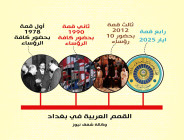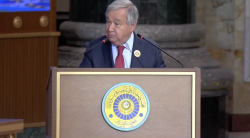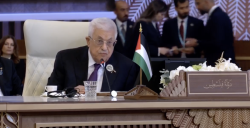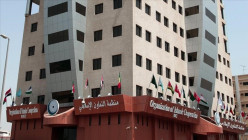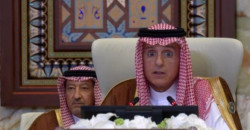Mixed signals: Experts divided on Arab League Summit's impact
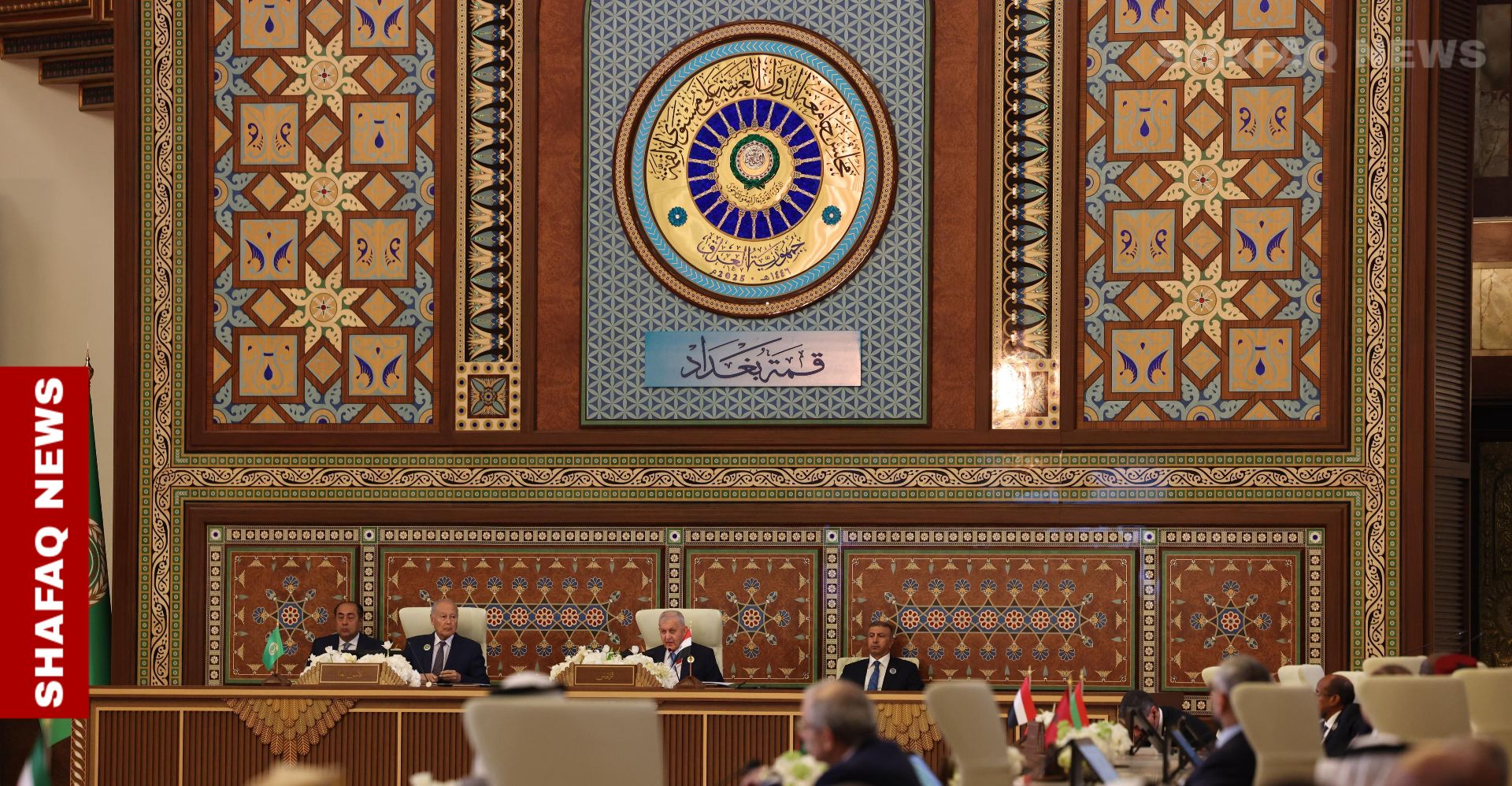
Shafaq News/ Political analysts and observers say the 34th Arab League Summit held in Baghdad on Saturday represented both a critical diplomatic opportunity for Iraq and a moment of reflection for the wider Arab world, as leaders tackled a range of challenges from the war in Gaza to political instability in Syria, Lebanon, Yemen, and Sudan.
The summit, held under the theme of unity and shared Arab interests, drew praise for its symbolism and timing. Iraq’s stance was emphasized: adopting a balanced foreign policy, supporting the Palestinian cause, and calling for deeper economic integration across the Arab region.
A New Regional Equation
Political analyst Dawood al-Halfi described the summit as an assertion of Iraq’s presence on the Arab stage, noting that it came at a time when the region urgently needs a unified stance. “Several Arab states are dealing with internal strife—from Libya and Sudan to Yemen and Syria—while Gaza faces devastation. The summit arrived amid existential threats to the Arab identity and heritage,” he told Shafaq News.
Al-Halfi stressed that regional fragmentation and external interference, especially in places like Gaza, Libya, Sudan, and Syria, highlight the necessity of translating summit declarations into tangible action, particularly in areas of security and economic development. “This is also a chance for Iraq to return as a key regional player,” he added.
A Message From Baghdad
Khalid Waleed, deputy secretary-general of the Nazel Akhuth Haqqi movement, described the summit’s tone as notably assertive. “Baghdad showed that Iraq, as a state and people, supports Gaza and Lebanon financially and diplomatically. There was also talk of backing Syria’s return to normalcy,” he noted.
Waleed emphasized the significance of Arab League Secretary-General Ahmed Aboul Gheit’s remarks on Lebanon, Yemen, and the need to prioritize state institutions over militias. He also pointed out the “subdued” positions of some Arab states on Palestine, contrasting them with stronger European voices such as Spain’s.
On Palestinian President Mahmoud Abbas’s appeal for Hamas and other factions in Gaza to surrender arms and support a unified security authority, Waleed said the message was clear: “Arab capitals are urging an end to armed non-state actors.”
Still, Waleed noted uneven representation from Arab capitals, with many sending foreign ministers instead of heads of state. “That reflects ongoing challenges for Iraq’s foreign policy and its ability to draw unified Arab political attention,” he said.
Low Attendance, Political Constraints
Nizar Haidar, an Iraqi political analyst based in Washington, described the summit turnout as “one of the weakest in Arab League history.” He attributed the limited participation to Iraq’s internal political dynamics and overlapping loyalties within the leadership, which continue to cause hesitation among some Arab states.
Haidar also pointed to Iraq’s stance on the Palestinian issue—particularly its rejection of the two-state solution due to its anti-normalization law—as a point of divergence from Arab League consensus.
He noted that the absence of several high-profile figures, including Jordan’s King Abdullah II and French President Emmanuel Macron, as well as the early departure of Qatar’s Emir without delivering a speech, underscored Baghdad’s diplomatic hurdles.
Parliament Split on Outcomes
Opinions among Iraqi lawmakers were also mixed. MP Mukhtar al-Mousawi, from the Foreign Relations Committee, said the summit failed to deliver a unified stance on Gaza.
In contrast, MP Najat al-Taie of the Azm Alliance argued that Iraq succeeded in organizing the summit and sending strong signals about its regional role. “Were it not for local political disputes—such as the controversy over inviting Syria’s transitional president—the summit could have achieved even greater success,” she said.
Economic Integration and Developmental Vision
Dr. Essam al-Feyli, a political science professor, observed that the summit’s most notable message was its push for solutions. “It emphasized building a new roadmap post-Trump’s Gulf tour, especially as the Middle East is increasingly tied to global economic dynamics.”
According to al-Feyli, Baghdad’s proposals on supporting Palestine and tackling organized crime and drug trafficking reflect an evolving Arab agenda that aims to move beyond rhetoric.
In turn, Jordanian analyst Kamal Zughoul noted that the summit’s draft “Arab Development Declaration” focused heavily on economic matters. It covered food security strategies through 2035, the Arab Water Security Plan 2030, and the Arab Free Trade Zone initiative. He praised Iraq’s proposal to establish an Arab Ministers of Trade Council and Mauritania’s contributions to marine resource sustainability.
Zughoul emphasized that Iraq, as summit host, promoted balanced diplomacy and Arab solidarity, which could pave the way for its integration into intra-Arab trade. “This may mark Iraq’s re-entry into the Arab economic space, especially as Arab states continue investing heavily with the US while reaffirming Palestine as a central cause,” he said.
He concluded that the summit had the characteristics of a “developmental summit” aimed at reviving a pan-Arab market and maximizing the region’s geopolitical and resource strengths—an agenda that could return Iraq to its traditional role within the Arab world.
While the 34th Arab League Summit in Baghdad may not have produced dramatic policy shifts, experts agree it succeeded in reasserting Iraq’s diplomatic relevance and in framing economic integration, regional cooperation, and the Palestinian crisis as urgent priorities. Whether these declarations materialize into actionable outcomes remains to be seen—but for many, the summit marked an important step toward restoring Iraq’s centrality in the Arab order.
